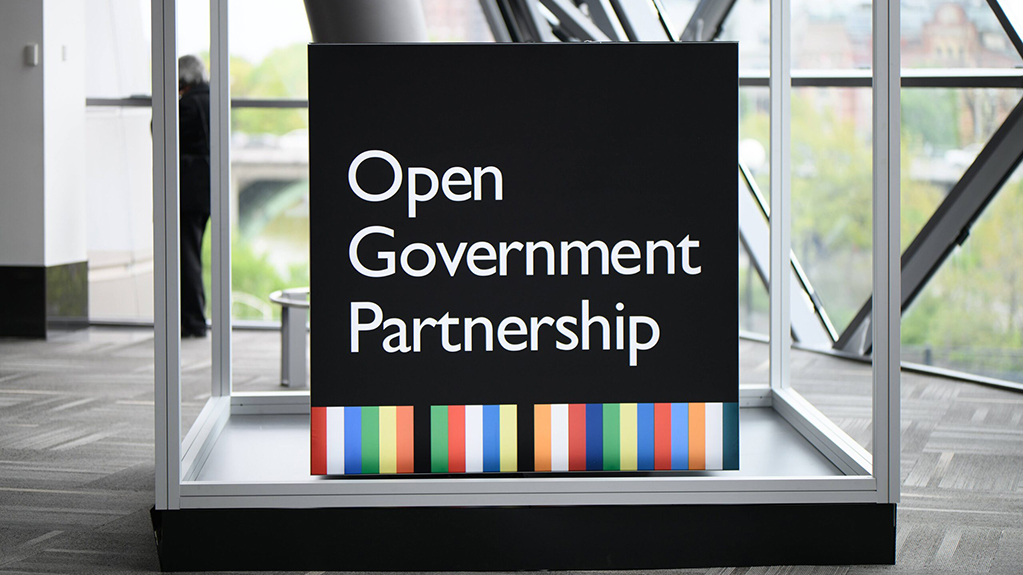The Open Government Partnership (OGP), of which Georgia became a member in 2011, has called on the government to withdraw the so-called Agents Russian Law, re-initiated by the ruling Georgian Dream. Failure to do so may result in Georgia's membership in the OGP being terminated. The OGP asserts that the law is discriminatory, stigmatizes, and restricts the freedom of expression and association of civil society, the media, and vulnerable groups.
News
The Open Government Partnership has released recommendations aimed at addressing concerns voiced by Georgian civil society regarding the implementation of the Foreign Influence Transparency law and the wider erosion of democracy, the narrowing of civil space, and the infringement upon fundamental rights and freedoms.
Lucy McTernan, civil society co-chair of the OGP's criteria and standards subcommittee, has drawn attention to the Russian Law.
“This legislation will negatively impact civil society groups and their operational freedom. I join my fellow Subcommittee colleagues in condemning the advancement of this legislation, and urge Georgia to refrain from passing laws that contradict the desires of the vast majority of citizens,” said Lucy McTernan. She also noted that attacks on journalists and media independence are no less disturbing.
OGP calls on the Government of Georgia to develop a clearly written six-month work plan, which should include:
- Withdrawal of Discriminatory Legislation: Immediate review and withdrawal of any legislation impeding the freedom of expression and association of civil society organizations, media representatives, and vulnerable groups, such as the Law on Transparency of Foreign Influence.
- Protection of Association and Press Freedom: Ensuring an environment where civil society organizations and journalists can work without fear of intimidation or violence, especially during election periods.
- Enhanced Access to Information: Strengthening existing frameworks to ensure unfettered access to public information and reviewing the overall legal framework to align with international standards.
The Georgian Government is also encouraged to consider the recommendations issued by the European Commission within the framework of Georgia's accession process to the European Union while developing the plan.
“Failure to develop and implement the recommended work plan could lead to Georgia to be suspended from OGP until the concerns are resolved. Continued disregard of the values and principles of OGP could also end in the cessation of membership in the Partnership,” OGP said in a statement.
The Georgian Government should submit the work plan by June 6, 2024.
OGP brings together the governments of 75 member countries and thousands of civil society organizations. The governments of member countries commit to making governance more open, efficient, and transparent, ensuring citizens' involvement in the decision-making process, and facilitating the easy and convenient delivery of public services. In 2017, Georgia was elected as the chair of the OGP for a one-year term. From 2019 to 2022, together with Germany and Indonesia, it was included in the steering committee of the OGP, with the country's government represented by the head of the administration.















